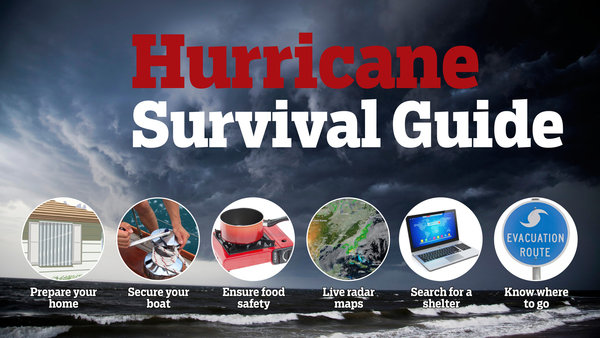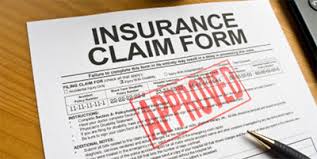 Here are some recent articles of interest that I found this week related to law practice management, law technology, and legal marketing. Enjoy!
Here are some recent articles of interest that I found this week related to law practice management, law technology, and legal marketing. Enjoy!
Legal Productivity Tips: 5 Simple Tools That Unleash Meaningful Work
I recently watched a TED talk by Jason Fried of 37 Signals entitled Why Work Doesn’t Get Done at Work. The message was right on: The office has become a place of endless distraction; so much so that people seek anywhere but there to get their real work done. What happens is the real work ends up getting handled at home, on the weekends, super-early in the morning or days off.
Office distractions are almost an institution in the workplace. They can come in the form of impromptu meetings, Sharon from accounting stopping by your cube to clarify your latest expense report, or a buddy dropping in to kill some time. It’s endless. Read more here…
Remote Lawyering: 10 Keys to Running Your Practice From a Beach (or Las Vegas)
How do I make things work while I’m away?
As a preface, I’ll tell you that I spent years tweaking our system to get things to the point where I can be gone without issues. This was not a quick process.
The starting point is creating a vision. If you can see it, you can build it. Then you develop a plan. Finally, you execute on the plan. It takes time and patience. Here are the elements I had to put in place to hit the road…Read more here.
Law Practice Tips: Autopsy Your Dead Files
Remember the television show Quincy? Jack Klugman played a Los Angeles medical examiner, and in every episode, his autopsy would reveal that the decedent (who’d seemingly died of “natural” causes) was a victim of foul play. Using the clues he’d gained from his examinations, Quincy would convince the police a homicide had occurred, and then manage to singlehandedly finger the killer. In a pre-CSI world, it was pretty compelling stuff.
So why all this talk about an obscure 70′s crime-drama? Because if you’re really interested in identifying the work you love to do and learning how to serve your clients better, you may want to spend some time each week playing Quincy. Instead of investigating foul play, however, you should closely examine those things you’ve given up for dead in your office: your closed files.
Read more here..
Legal Marketing: Is Twitter dead?
People occasionally ask me if I tweet (I don’t) and what role I think Twitter has in law firm marketing (none). I probably owe an explanation.
I believe Twitter has always been a niche service and always will be; it will never go mainstream in the way that (say) Facebook or LinkedIn has. Lately I’ll take that a step further: I believe Twitter’s mindshare has peaked, that it’s on a path to marginalizaion. and that (if I’m right) all this is one of the healthiest recent developments in the online Zeitgeist.
Read more here…
Thank you for reading (and sharing). Stay tuned for next week’s weekly review for Law Practice Tips!









